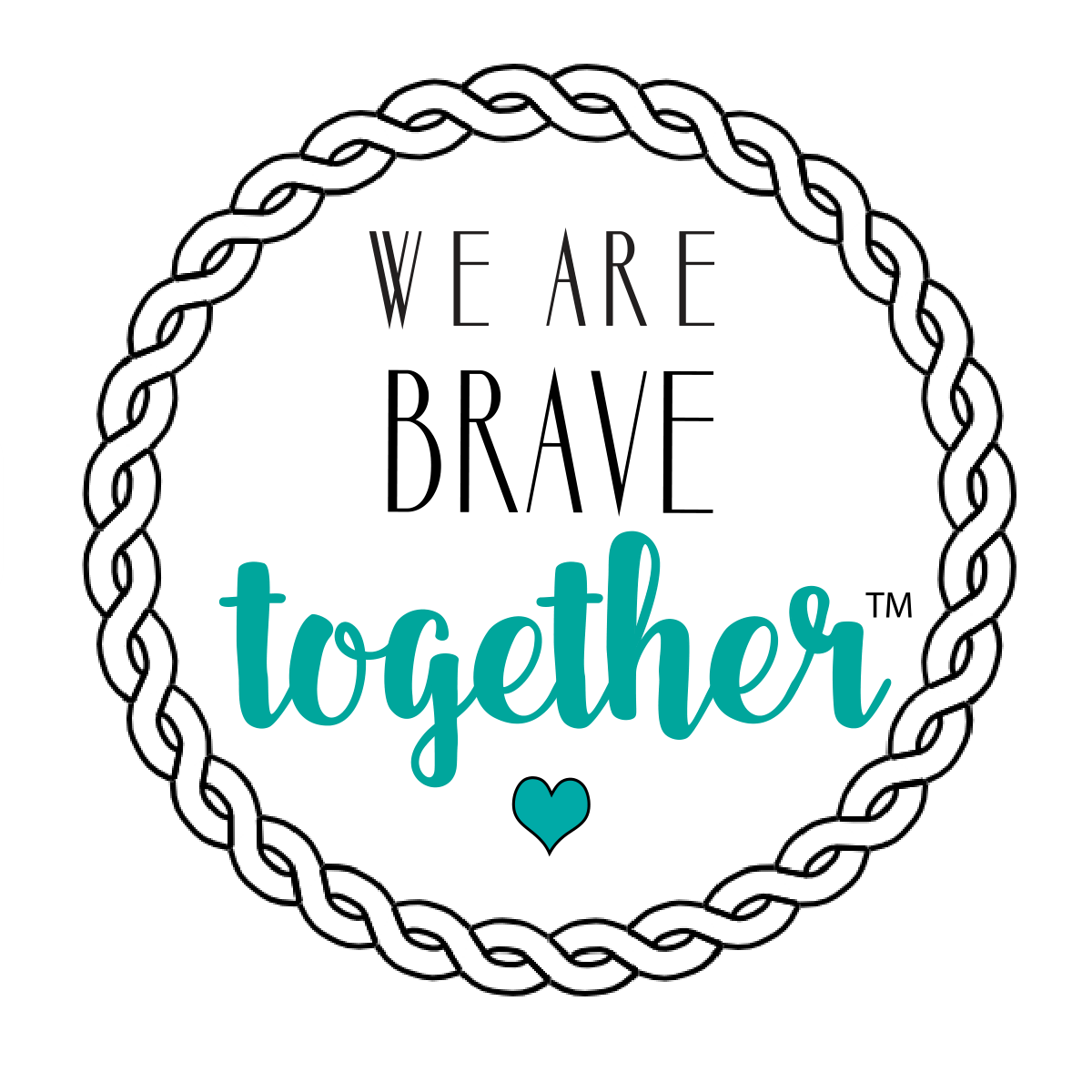Extreme Caregiving Influences Our Choices
written by Billie Short
I was recently described as an extreme caregiver. I was unfamiliar with the term and unsure if it was an accurate description. Anything that includes the word extreme is not something that I find relatable. I am moderate in most things. What is extreme caregiving, and does the label fit?
Lisa Freitag, the author of Extreme Caregiving: The Moral Work of Raising Children with Special Needs, says, “Extreme caregiving involves the taking on of professional medical roles by a nonprofessional parent. It differs from both ordinary parenting and professional caregiving in that it is done in the home, often without respite or foreseeable endpoint. Unlike professional caregiving, it involves an intensely personal relationship between parent and child.” When you say it like that Lisa, I think I may be an extreme caregiver.
What makes life more challenging for those of us caring for another human for the foreseeable future? Are we able to manage the struggles, even when we have the mindset and tools to cope? What sacrifices are we making to care for our loved ones? These are the first questions that popped into my mind as I contemplated this topic. I do not have the answers to these questions, but I have some thoughts.
Last night as I was getting Emily ready for bed, I realized I had changed 1,000s of diapers. I have been changing diapers for almost 25 years. I started doing the math in my head and lost count repeatedly. Most parents remember the first year of raising a child as being challenging. Infants cannot tell you what they need and interrupt your sleep. They need to be fed and changed every few hours. While parents may miss the baby stage, they are happy when they no longer require so much hands-on attention and they get more sleep and we get time to tend to our own needs. I cannot relate to that parenting experience, because it is not my reality. Emily never slept through the night until she was 8 or 9 and began taking sleep medications. She still depends on others to feed, change, bathe, and dress her at 22.
I consider myself skilled in managing and adapting to challenging situations. I have not only acquired many stress management tools, but I use them. I implement healthy practices each day that allow me to deal with stressful situations. I exercise regularly, get out into nature, walk, prepare healthy meals, meditate, journal, and practice managing my thoughts. Even with all the resources and knowledge, sometimes I just want to zone out with jellybeans or a glass of wine.
Many caregivers, me included, have used food, alcohol, binge-watching TV, and other vices to cope with the stress of extreme caregiving. The reality is caring for someone that depends on you is difficult. The job is never-ending, the obstacles are many, and the pay is terrible. Sleep, balanced meals, exercise, and connection are often nonexistent. At the end of the day, when we finally tuck our special, demanding, overbearing loved one to bed, we exhale for the first time, and then–we may buffer.
Break out the cheese (or jellybeans). If you give a caregiver a slice of cheese, she/he may want a glass of wine to go with it. Cheese and wine go great with Netflix or Hulu. Maybe a romance novel or solitaire on our iPad. It feels innocent and luxurious. It has been earned! It fills a need to numb and forget the heaviness of our day. It is a way to unwind and decompress after a long day of caregiving. We don’t get vacations, days off, or breaks and so we escape on the sofa. It requires no brain power and little effort. Serve. Pour. Hit play. Repeat.
We may use healthy stress management tools a majority of the time, but the number of situations where we are overwhelmed, exhausted, or stressed out is probably higher than the average person. I believe it is a numbers game. Extreme caregivers have more days that are exceptionally challenging. We are busy meeting needs that cannot be tabled until tomorrow (like feeding, sheltering, and clothing loved ones). We cannot take a break and leave tasks undone. We push through until we can take a moment to ourselves. Most days, rather than some days, are exhausting. Hence, more opportunities to decide how we will handle the heaviness, and we are not always going to choose well.
Billie Short is a caregiver, life coach, and writer. She writes a weekly blog for her website: Conversation for Change. Billie’s topics include caregiving, grief, marriage, mental illness, gratitude, and creating joy in the journey. One of her blogs was recently published in The Gratitude Journey by Chris Palmore.
Billie is the primary caregiver to her daughter who has severe disabilities. She lives in Southern California with her husband of 30 years and their two adult children. She has volunteered with We Are Brave Together for almost two years and loves supporting other caregivers.
IG: bgshort68
Meta/Facebook: Billie Short
Email: billieshort68@gmail.com

